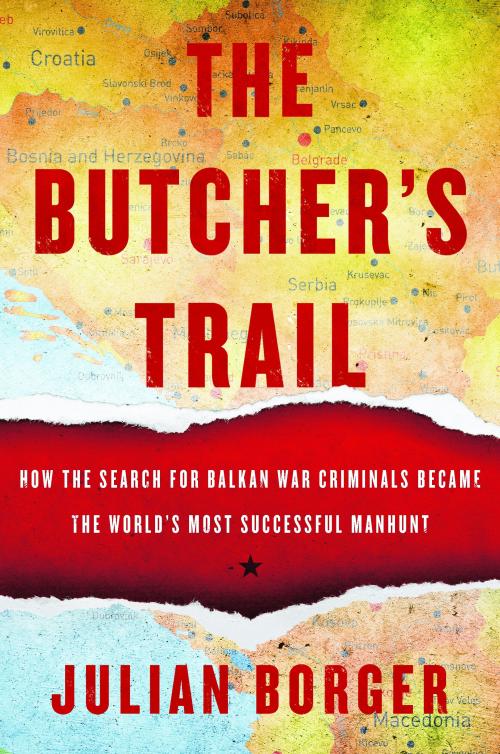Genocide challenges our idea of what it is to be human. The acts perpetrated against innocent victims are so grotesque and disturbing we recoil from their contemplation. We prefer them to be either far away or long ago. What happened in the countries of the former Yugoslavia between 1991 and 1999 ripped all that insulation away. The mass murders took place in supposedly modern Europe, a continent that flattered itself in thinking it had evolved beyond such savagery. For millions of Europeans, it was a holiday spot, dotted with resorts along azure seas, yet suddenly it was a war zone on the evening news. Almost immediately, the rest of Europe began to distance itself, like neighbors of a dying household. Shutting their doors and windows, they convinced themselves that if they looked the other way, they would never catch the disease. Western politicians diagnosed “ancient ethnic hatreds” let loose by the fall of communism as the cause of the bloodshed. It was one of a litany of excuses for not getting involved, and it explained nothing.
The history of the ethnic communities that made up Yugoslavia had indeed been marked by sporadic bouts of violence, but those eruptions had been interspersed by long periods of peaceful coexistence. Exactly the same could be said of most regions of Europe’s richly diverse and turbulent continent. Yet if the English herded the Scottish into concentration camps, or if the Spanish committed mass murder against the Catalans or Basques in the late twentieth century, a history of “ancient ethnic hatreds” would seem a grossly inadequate explanation. As it is for the Balkans.

